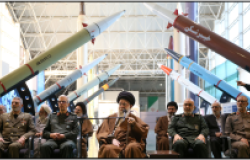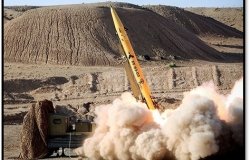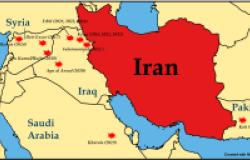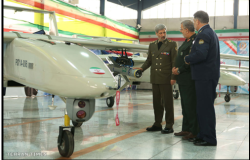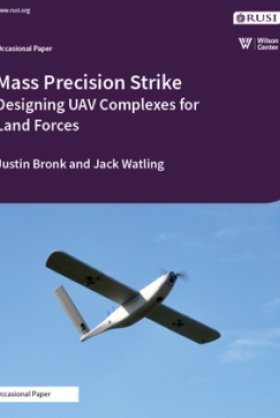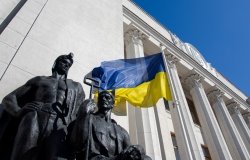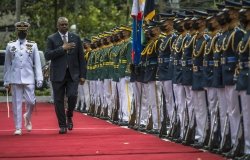<b>Live Webcast:</b> "New" vs. "Old" Terrorism
with Martha Crenshaw, Professor of Government, Wesleyan UniversityVideo of this event is now available.
Overview
To watch the video for this event, follow the links in the See Also box to the right of this screen.
This meeting, jointly sponsored by the Woodrow Wilson Center's Division of International Studies and Middle East Program, the RAND Corporation and the U.S. Army's Eisenhower National Security Series, was part of an ongoing series on terrorism and homeland security.
After the 1993 bombing of the World Trade Center, Newsweek magazine featured an article on what it called the "new terrorism." One element of the 9/11 Commission's critique of U.S. policy was that officials had not fully comprehended the nature and implications of this new terrorism. Professor Crenshaw offered a "skeptical, contrarian" analysis of the emerging conventional wisdom, questioning whether the "new terrorism" paradigm is based on an adequate interpretation of the past.
Who are the "new" terrorists? The groups encompassed by this category usually include: Al Qaeda and its offshoots, violent radicals within the so-called Christian identity movement (such as Timothy McVeigh) and Jewish militant groups (responsible for the assassination of Israeli Prime Minister Yitzhak Rabin), the Japanese group Aum Shinrikyo, and the Lebanese-based Hezbollah (sometimes listed under the old terrorism rubric).
The attributes of the new terrorism should be carefully defined, and their applicability to current circumstances carefully assessed. Crenshaw compared and contrasted the two models – "new" versus "old" terrorism – across three key characteristics: goals, methods, and organization.
Goals – The new terrorism model assumes uniformly that religion, primarily of those groups with millennial and apocalyptic ideologies, is the main precipitating factor. The new terrorists are said to have ambiguous goals on the systemic level and to value destruction for its own sake (i.e., the means are the ends). By contrast, the old terrorism is seen as comprehensible, limited, more specific, and often tied to territory – thus making the grievance more susceptible to negotiation. How well does the new terrorism model fit the historical record? Crenshaw observes that the religion behind various groups (e.g., Aum Shinrikyo versus Al Qaeda) differs, as do their goals (i.e., local or global). She also notes that some of the "old" terrorist groups (e.g., the 19th century anarchists and the Red Army Faction) had broad, transnational goals.
Means – According to the new terrorism model, groups seek to kill as many people as possible and are particularly drawn to weapons of mass destruction, whereas the old terrorism approach assumed that the groups were limited in their means as well as goals. Crenshaw acknowledged that the new terrorism model best fits with respect to this criterion. That said, however, there are not many cases of new terrorism killing more than the old. Indeed, the old terrorism was not always restrained (as evidenced in the violence of the anarchists and the indiscriminate killing of civilians by the FLN during the Algerian war of independence). And where it was, Crenshaw believes it may have been more a result of technological limitations (as weapons have become more advanced over time, terrorists have become more deadly).
Organization and structure – The new terrorists are decentralized and networked, are inspiration-driven, and often include amateurs. By contrast, the old terrorists are centralized, top-down professional organizations that are often state sponsored. The new terrorism distinction only partly meets this criterion as many of the old terrorist groups, such as the Red Army faction, were not so monolithic.
The bottom line of Professor Crenshaw's analysis (which she offered to provoke debate and stimulate further research) is that the "new terrorism" is new not in kind, but in degree.
Hosted By

Middle East Program
The Wilson Center’s Middle East Program serves as a crucial resource for the policymaking community and beyond, providing analyses and research that helps inform US foreign policymaking, stimulates public debate, and expands knowledge about issues in the wider Middle East and North Africa (MENA) region. Read more
Thank you for your interest in this event. Please send any feedback or questions to our Events staff.
